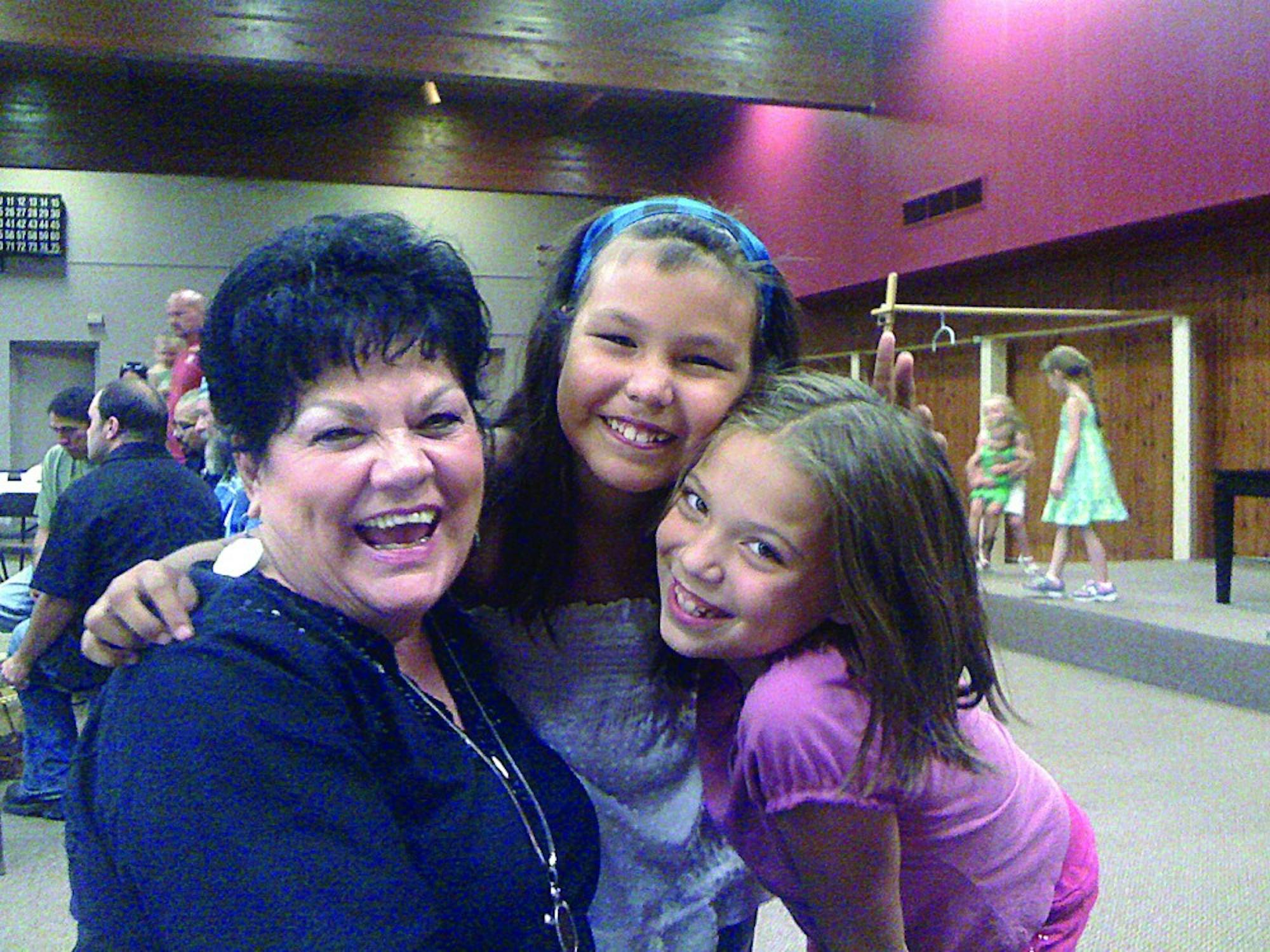Kay Givens McGowan, a lecturer in Eastern Michigan University’s sociology, anthropology and criminology departments, was inducted into the Michigan Women’s Hall of Fame Wednesday in Lansing.
In a phone interview Tuesday she said, “I was honored and humbled [to be inducted.] I also feel like I have to continue working very hard to deserve that honor from the Michigan Women’s Hall of Fame, so it’s really a keep-working honor.”
One of the first things to know about Givens McGowan is that she is a Mississippi Choctaw Indian, part Cherokee and respects her heritage very much.
“My grandmother told me once, ‘You get our knowledge and you get their knowledge, and then where will you be? And that’s what I’ve tried to do.”
And in so doing she has become a very successful and influential woman, worthy of the state of Michigan’s recognition due to her many local, national and international achievements.
Locally, she helped start the First Step program in the late 1970s. The program works in the western and downriver areas of Wayne County to this day to reduce the incidence of domestic and sexual violence. It also provides services to people affected by these types of crimes.
“When I helped create First Step I never imagined it would still be going in 2009, especially not doing as well as it is now. Seeing it grow like that makes me feel really good,” she said.
She has also worked as a lobbyist for the Michigan Citizens Lobby, where she was director from 1976-79.
“I was a public interest lobbyist, working for the lower- and middle-class, not the lobbyists we think of now in a generally negative way. While I was there, I led the statewide petition to remove sales tax from food and medicine. That has saved Michigan taxpayers millions of dollars,” she said.
On a somewhat broader scale, Givens McGowan has also been an applied anthropologist. Then, in 1988 when her colleague at the University of Toledo asked her to take over his classes so he could do field work in Ireland, she became a teacher of anthropology as well.
In more recent years, her activism has moved into the international field. In 1995 she was chosen to serve as a delegate to the fourth World Conference on Women in Beijing, China. Since 2004, she has attended United Nations meetings and in 2005 addressed the assembly in Geneva, Switzerland. She helped draft the U.N. Declaration on the Rights of Indigenous Peoples, which was passed in September of 2007.
“The treaty gives native peoples all around the world the same rights as other people. It is the first treaty to be written by indigenous people and protects their collective rights as a people to their lands and territories, sacred places and burial grounds. It’s a unique treaty in the world of international treaties at the U.N.,” she said.
“And we’re seeing the effect of the treaty already. Many countries didn’t even realize they had indigenous people in their country. The Japanese government said, ‘We have no indigenous people,’ and the Ainu came to the U.N. to help write the declaration. Since the treaty passed, Japan has recognized the Ainu as its indigenous people and enacted laws to protect them.
“The government of Australia now recognizes its indigenous and has also apologized and enacted laws to protect them.
“96,000 acres of land were returned to the Klamath of Washington state,” she said.
Land sacred to her people was returned as well last December as a result of the treaty, an important mound in Mississippi called Nanih Waiya.
Though she said she was honored and humbled by the recognition of being inducted into the Michigan Women’s Hall of Fame, she also said she wasn’t expecting it at all.
“A lot of times you’re just doing what you think is right and don’t realize that anyone was paying attention,” she said.
Other upcoming projects she is working on include a documentary film about Native American boarding school survivors. With her sister, Fay, she is interviewing elderly survivors of boarding school abuse.
“It’s painful to hear about the stories of abuse, and sometimes it’s very difficult for them to talk about it, but you can’t eliminate the abuse if the stories aren’t told,” she said.
She hopes to have the film completed in November, but, as she said, that probably means it will actually be finished in January. When it is finished she hopes to premiere it on EMU campus.
In addition to all of Givens McGowan’s many life-long achievements, she is also a mother of five children.
“Raising them has been the biggest job of all, and the most important, too,” she said.
Stacie Sheldon, former EMU student and former Native American Student Association president, said Givens McGowan will be honored again by her students and other community members at the upcoming Native American Fall Feast held from 6 to 10 p.m. Monday in Student Center room 310. The event will kick off Native American Heritage Month on campus. Anyone who would like to come congratulate Givens McGowan or just sample the food is welcome.







